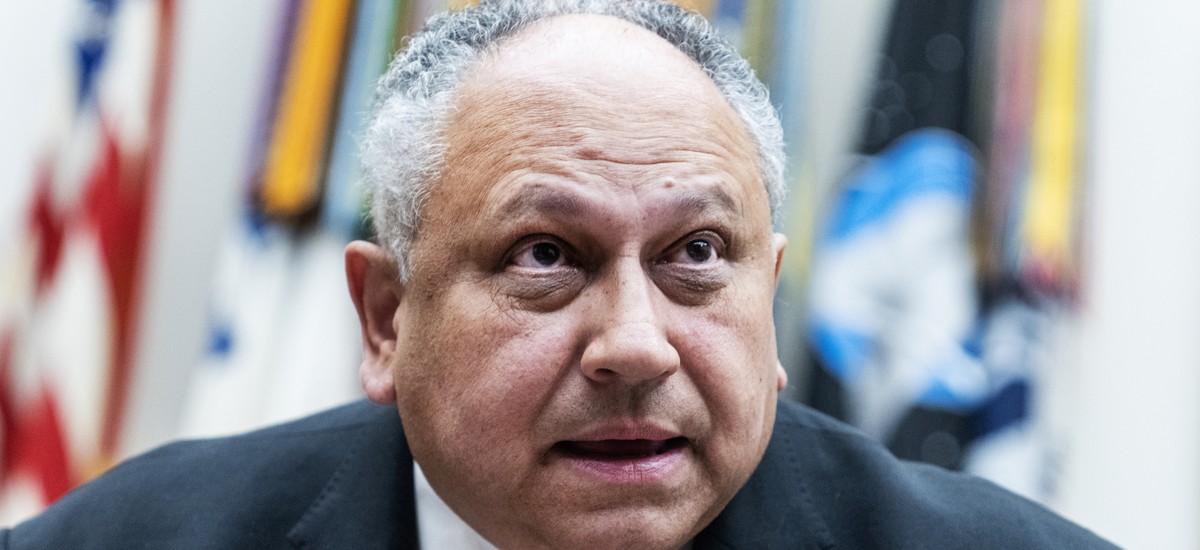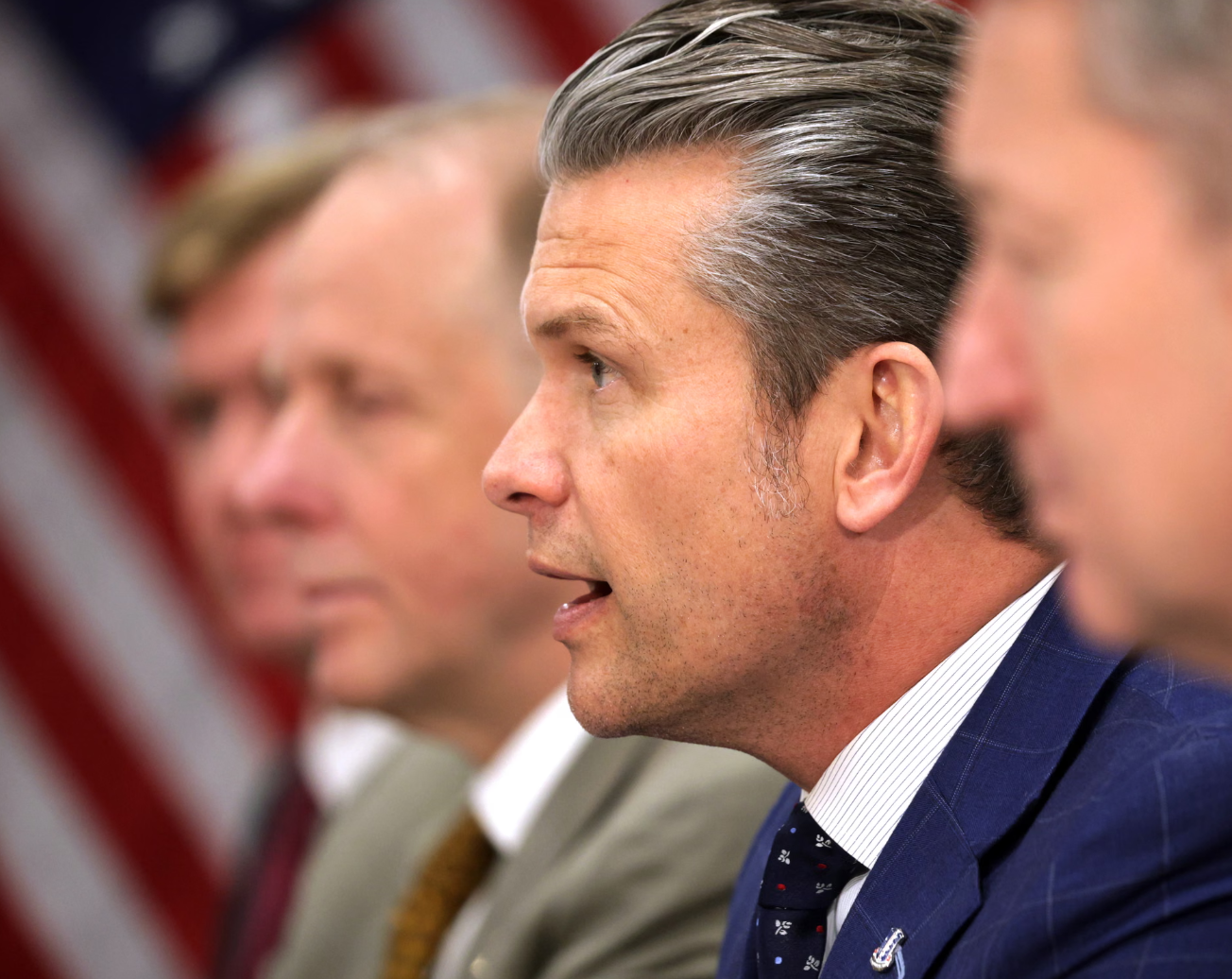WASHINGTON, Sept 5 (Reuters) – U.S. Navy Secretary Carlos Del Toro violated a law limiting political activity by federal employees when he publicly advocated voting for President Joe Biden and criticized former President Donald Trump, the Office of Special Counsel said on Thursday.
U.S. federal employees are subject to the Hatch Act, a law limiting some political activities to keep the government free from partisan influence. It prohibits using official authority to influence the results of an election.
During a speech in London in January 2024 while on official travel, Del Toro said he was “confident that the American people will step up to the plate come November and support President Biden for a second term as our Commander-in Chief.”
The Office of Special Counsel, which is an independent federal investigative and prosecutorial agency, said that during the event and in an interview with the BBC later that day, Del Toro also “expressed his electoral opposition to President Trump as a candidate.”
“When speaking in his official capacity on a taxpayer-funded trip, Secretary Del Toro encouraged electoral support for one candidate over another in the upcoming presidential election,” Special Counsel Hampton Dellinger said.
“By doing so, he crossed a legal line and violated the Hatch Act. This is especially troubling because Secretary Del Toro has himself acknowledged that military work and partisan politics should not be mixed,” Dellinger added.
Del Toro self-reported his comments to the watchdog, saying that his intent was to discuss the importance of strong international alliances.
“In retrospect, I believe my response should have been delivered more broadly without reference to specific candidates,” he told the office.
The U.S. military is meant to be apolitical, loyal to the U.S. Constitution and independent of any party or political movement. Del Toro was appointed Navy Secretary, a civilian-held post, by Biden.
Potential punishments include a fine or removal from office.
The Pentagon on Thursday said that it was reviewing the report, but generally it was important for the military to avoid any action that could imply support for any political party or campaign.




